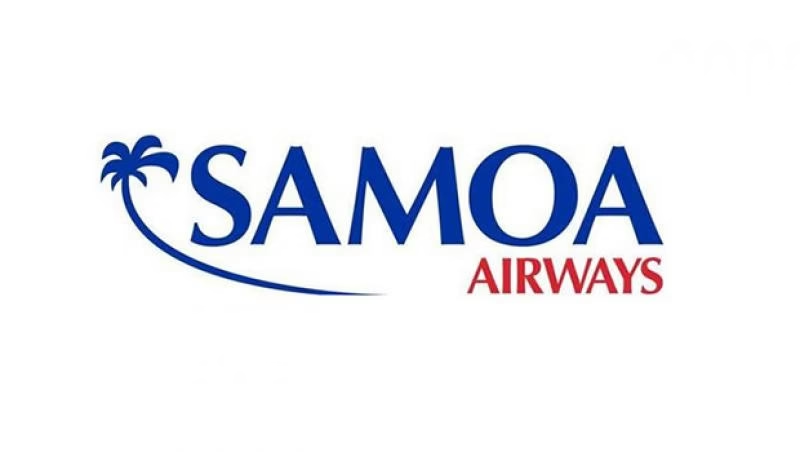Airline sick-passenger rules allow diseases to spread
Airline sick passenger rules force many sick passengers (even with a doctor’s note) to fly and allow infectious diseases to spread. We need some common sense. And, some new, clearer rules and procedures to control people with communicable diseases from flying.
The sick traveler rule is just one of the issues that has been postponed. This column relates to these regulations.
No promises, but we know consumers still have time to make their voices heard. The latest FAA reauthorization bill contains a sentence about this issue, but no definitive action has been taken.
About three years ago, the Department of Transportation (DOT) held an open hearing on whether passengers could assess their infectiousness. Airlines and IATA (International Air Travel Association) were against allowing passengers to assess whether they are infectious or not. consumer groups, including Travelers UnitedAsked for new rules.
The sick traveler rule has been an issue for years, but the recent pandemic has shown the need for it.
Airlines and thousands of passengers faced severe delays due to the coronavirus-induced pandemic. These rules have been discussed during the recent pandemic. Efforts to identify passengers through virus testing were widespread. The pandemic exposed airlines’ lack of effective rules for handling sick passengers. This is the last realistic opportunity for sick passenger rule advocates to get it added to this FAA funding bill.
Airline sick passenger rules affected me personally several years ago.
Just before we were ready to fly back to the United States from Madrid, I came down with pneumonia. I asked Delta Air Lines if I could fly three days later because I was suffering from pneumonia. He replied, “Of course, but it will cost you.” I had a doctor’s note, hospital records, and X-rays to show my condition. I was told that if I did not use my ticket, I would be charged a $300 change fee and would have to pay full fare for my return flight instead of my discounted ticket. Note: Currently, many change fees have been eliminated for all but basic economy tickets and many international flights. But the rules are not followed by all airlines.
Even without the change fee the cost of staying another week in Europe and regaining my strength in the B&B was prohibitive. After the fact, I learned that my health insurance would have covered some of the expenses.
The flight change was more expensive than I was willing to pay. However, I was prepared to pay my own costs for a small hotel and meals in Madrid. But, Delta was not going to back down from their demand to charge me extra money to stay in Madrid for the next three days. Delta Airline’s sick passenger rules forced me to fly. Interestingly, Delta crew could have refused to allow me to board the plane even though I had a doctor’s note, a three-day-old X-ray, and hospital reports of no avail.
The Centers for Disease Control advises people with the flu to avoid traveling until 24 hours after the fever is over
The CDC recommends that “people sick with the flu stay home and avoid traveling for at least 24 hours after the fever is gone.” However, airlines will charge passengers a fee to do so. Until the middle of the COVID-19 pandemic, travelers had to pay hefty cancellation fees. Also, airlines will charge passengers last minute airfare. Those sick travelers can add hundreds of dollars to expenses.
The World Health Organization creates rules for travelers with medical conditions.
Airlines can make medical decisions about which passengers to allow on board. However, doctors are not allowed to stop passengers from flying. It really is an upside-down world.
Airlines have the right to refuse to carry passengers in poor condition. If the crew feels that a passenger is in significant danger during a flight, the passenger may be detained. If there is any indication that a passenger may be suffering from an illness or physical or mental condition, they may require medical clearance from their medical department/consultant:
- may be considered a potential threat to the safety of the aircraft;
- Adversely affects the welfare and comfort of other passengers and/or crew members;
- Requires medical care and/or special equipment during flight;
- Flying may increase the problem.
If the cabin crew suspects before departure that a passenger may be ill, the aircraft captain will be informed and a decision will be made whether the passenger is fit to travel, requires medical care or poses a threat to the safety of other passengers and crew or the aircraft.
It’s time for airlines to allow passengers with legitimate illnesses to postpone flights for free.
It is far better for the passengers, crew and airline to allow sick passengers to change flights. This will prevent them from infecting other passengers. Perhaps airlines will develop new rules.
This decision is difficult, but airlines can decide how to police any resulting fraud. Travelers United supports no increase in airfares, approval of standby ticket status for rebooked flights, and non-expiring flight credits for those caught in this dilemma.
Also read:
How to survive at an altitude of 35,000 feet?
Important ways in which DOT should help passengers like you
Charlie Leocha is president of Travelers United. He has been in Washington, DC for the past 14 years working with Congress, the Department of Transportation and industry stakeholders on travel issues. He was the first consumer representative on the Aviation Consumer Protection Advisory Committee appointed by the Secretary of Transportation from 2012 to 2018.



